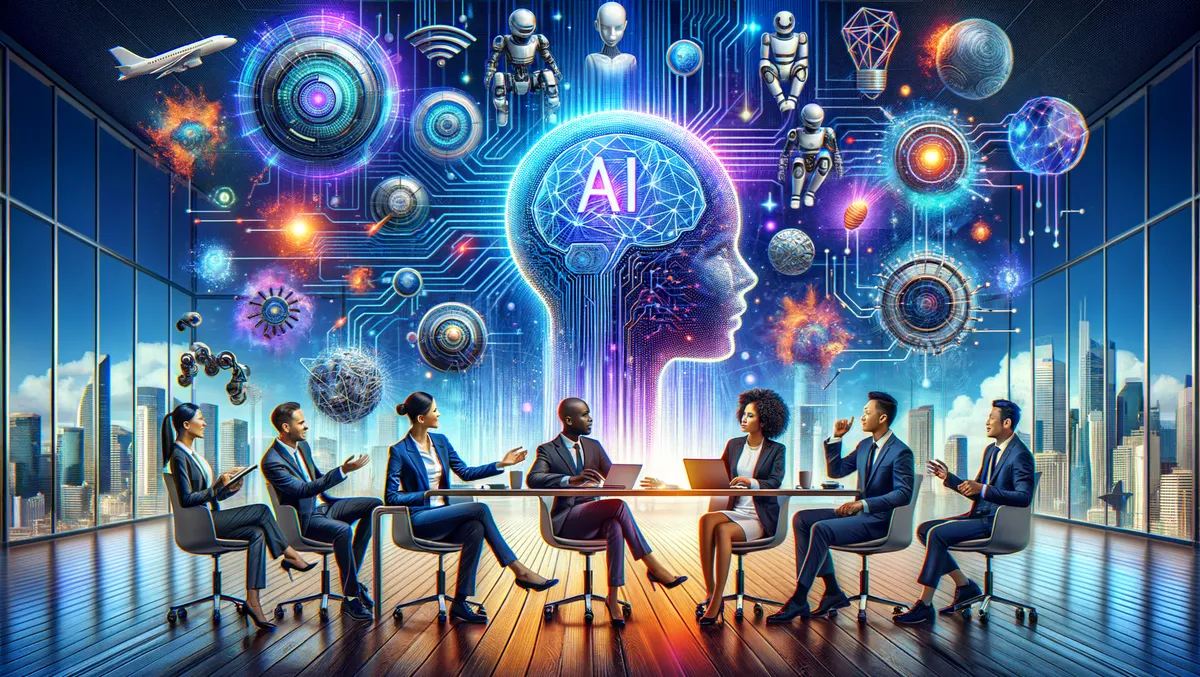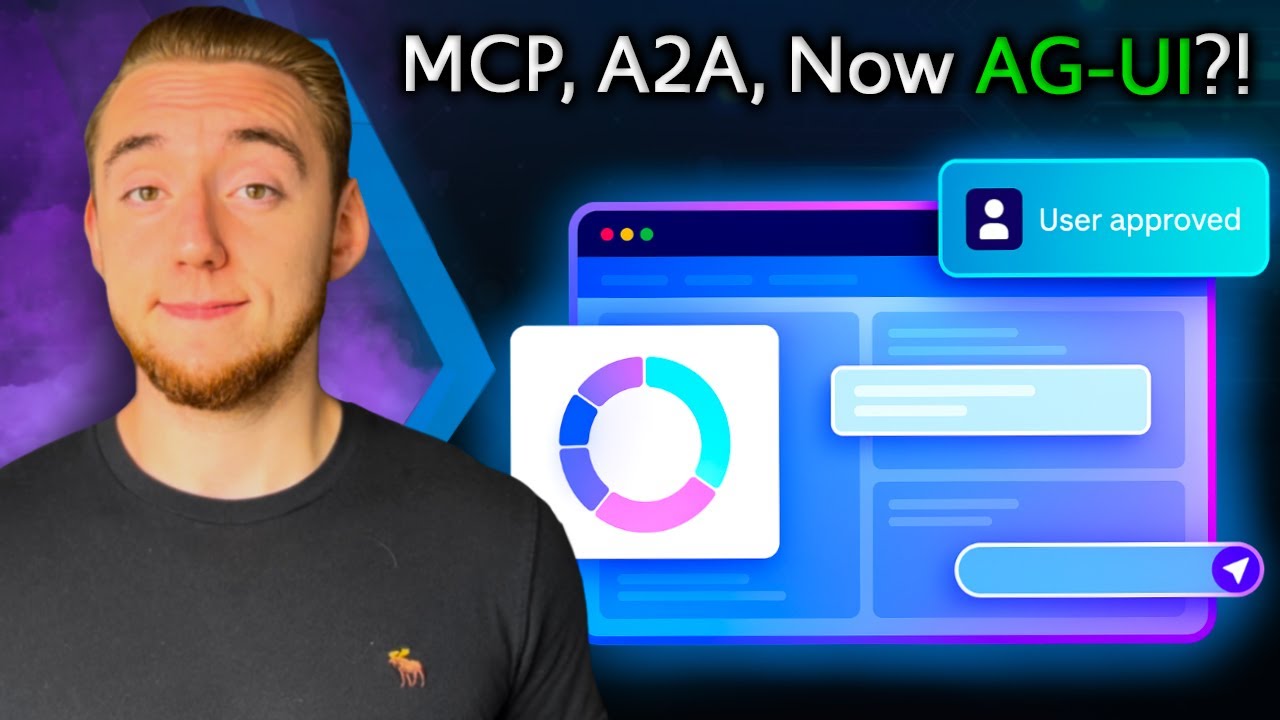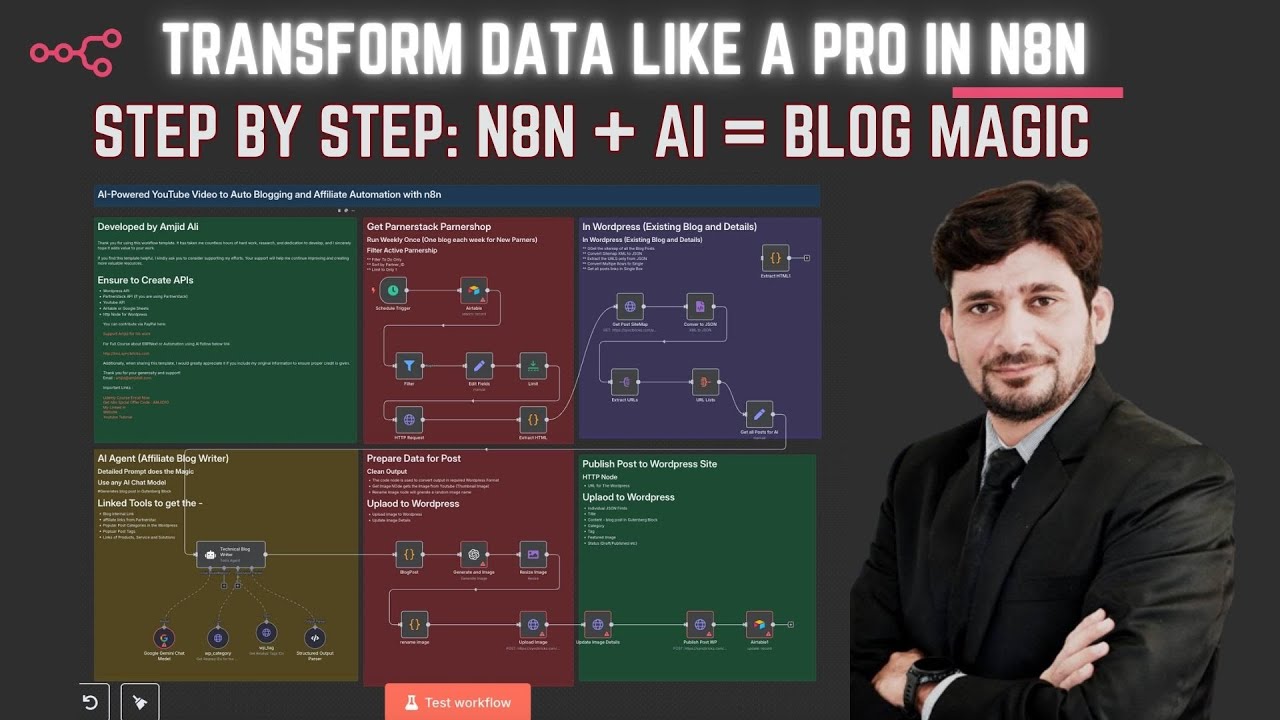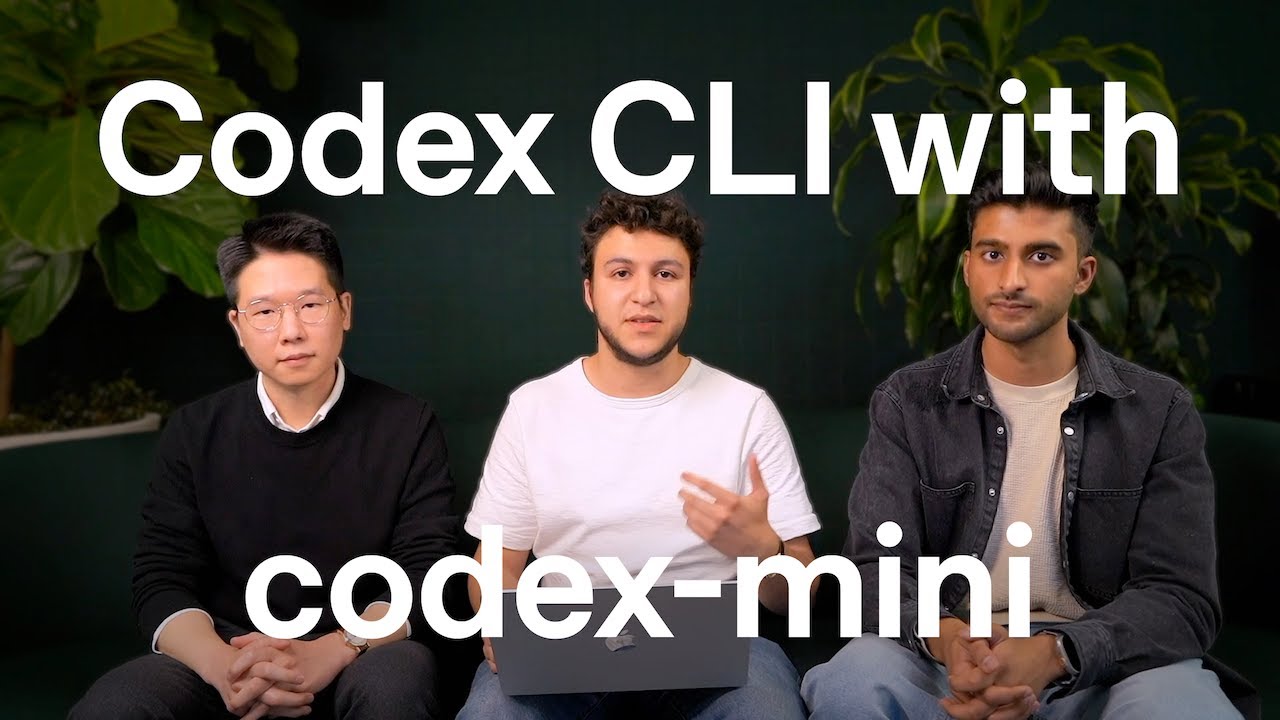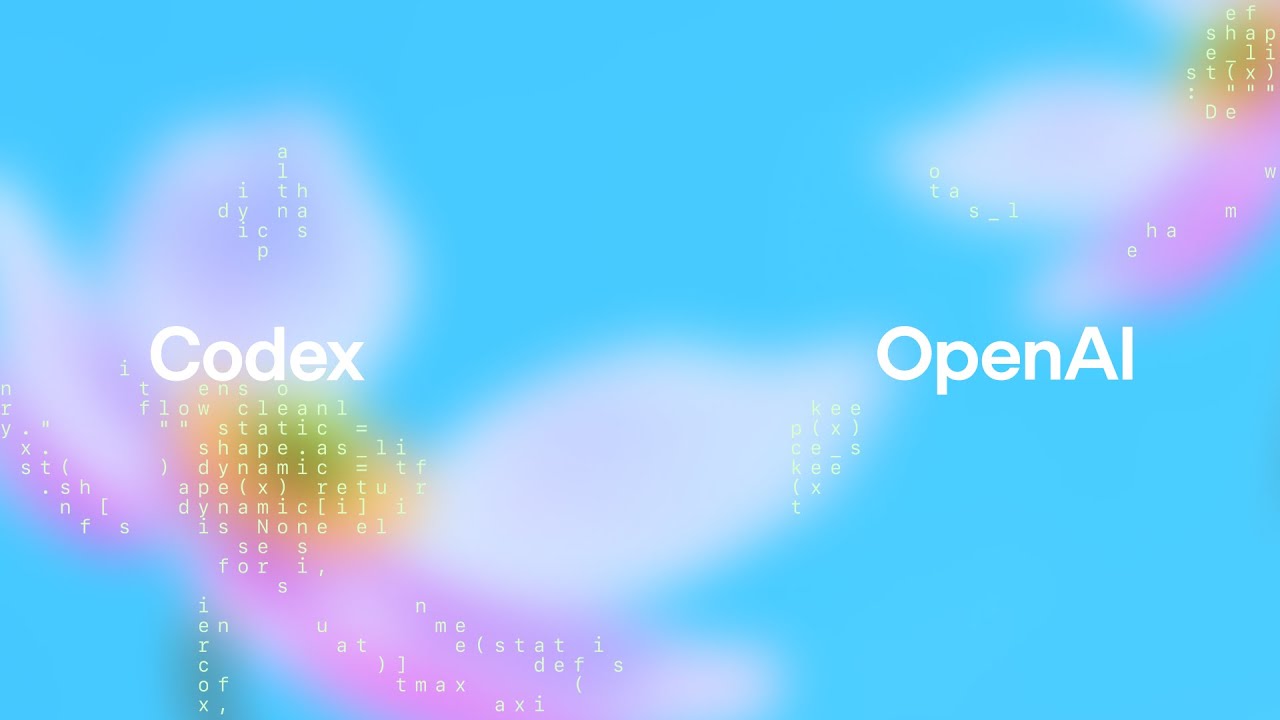
Software engineering is on the cusp of a revolutionary transformation, and OpenAI is leading the charge with the release of Codex in ChatGPT. Announced as a research preview, Codex introduces a new paradigm in AI-assisted coding by enabling remote software agents that can perform multiple coding tasks simultaneously on cloud infrastructure.
What is Codex in ChatGPT?
Codex is OpenAI’s advanced coding model optimized for real-world programming needs, capable of running with your code repository and development environment on OpenAI’s cloud compute. Unlike traditional models that offer autocomplete suggestions, Codex can work asynchronously on complex tasks in parallel and even suggest proactive improvements to your codebase.
Key Features of Codex
- Remote Software Agents: Codex runs as intelligent agents in the cloud, handling multiple coding tasks in parallel with full repository access.
- Proactive Task Management: The agents can autonomously explore the codebase and suggest or fix issues such as bugs, typos, or inconsistencies.
- End-to-End Automation: Codex not only writes code but also runs tests, formats code, and verifies outputs for high quality and reliability.
- Integration with Developer Workflows: With features like commit hooks support and environment customization, Codex fits naturally into existing development processes.
- Scalable and Cloud-Based: Unlike local coding assistants, Codex operates on powerful cloud infrastructure, allowing for thousands of agents to work simultaneously.
How Codex Enhances Developer Productivity
Codex alleviates the common pain points in software development. Instead of having developers toggle between tasks and write manual tests, Codex agents autonomously handle bug fixes, code reviews, and proactive refactorings while developers focus on higher-level design and innovation. This AI-powered co-worker acts as a versatile intern, mentor, and pair programmer, seamlessly integrated within the coding lifecycle.
Building Trust with Verifiable Code Outputs
One of the cutting-edge innovations in Codex is its commitment to verifiable outputs. Each task run by a Codex agent is executed in an isolated environment with the ability to run tests and linting, providing developers with confidence through detailed logs, test results, and citations of code changes. This transparency makes Codex as trustworthy, if not more, than human collaborators.
Getting Started with Codex in ChatGPT
Currently available to ChatGPT Pro, Enterprise, and Teams users, Codex is rolling out with generous rate limits and no additional costs initially. OpenAI plans to expand access to Plus and EDU users soon, and developers can look forward to future enhancements such as integration with CI/CD pipelines and an API to automate error handling.
Related Reads
- Ultimate RAG MCP Server for AI Coding
- Leveraging OpenAI in Recruitment Automation
- Future Trends in AI Job Opportunities
Codex in ChatGPT represents a significant leap forward in how software engineering will be conducted in the near future. By combining state-of-the-art AI with scalable cloud infrastructure, OpenAI is empowering developers to work more efficiently and with greater confidence. Explore this powerful tool today and be part of the next generation of software development.
